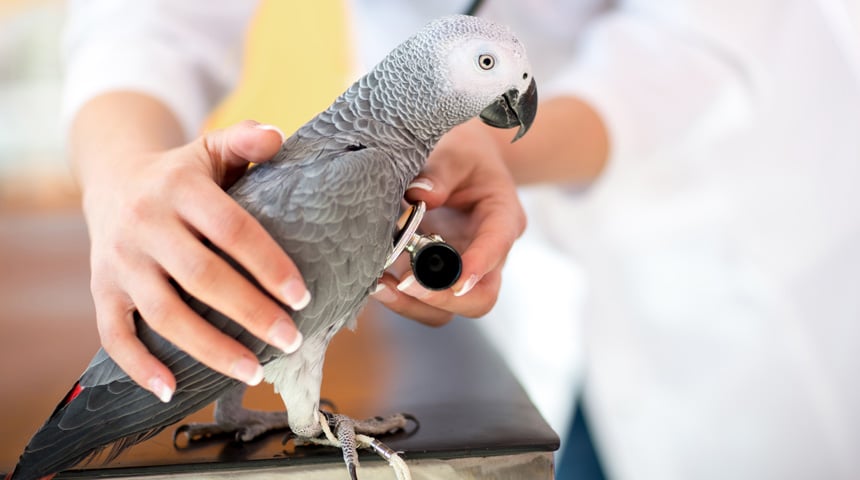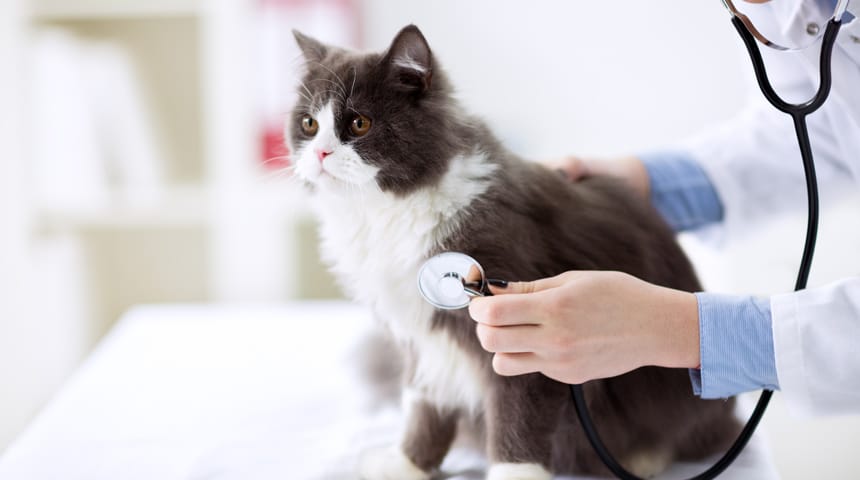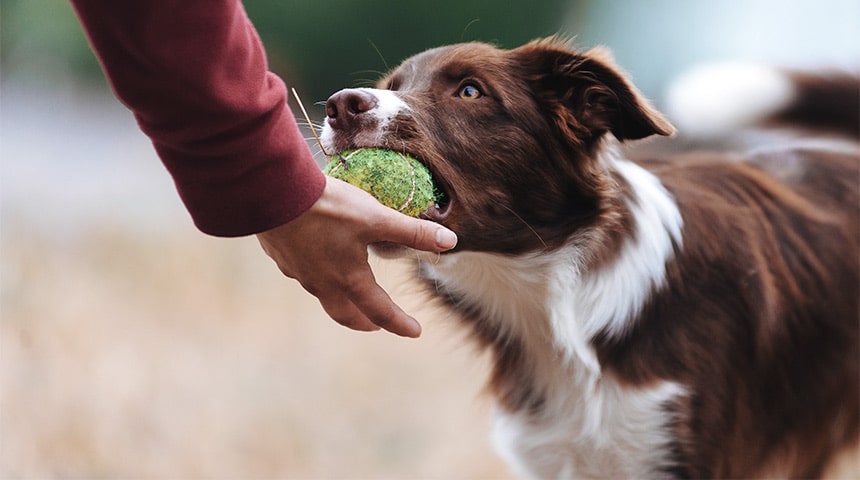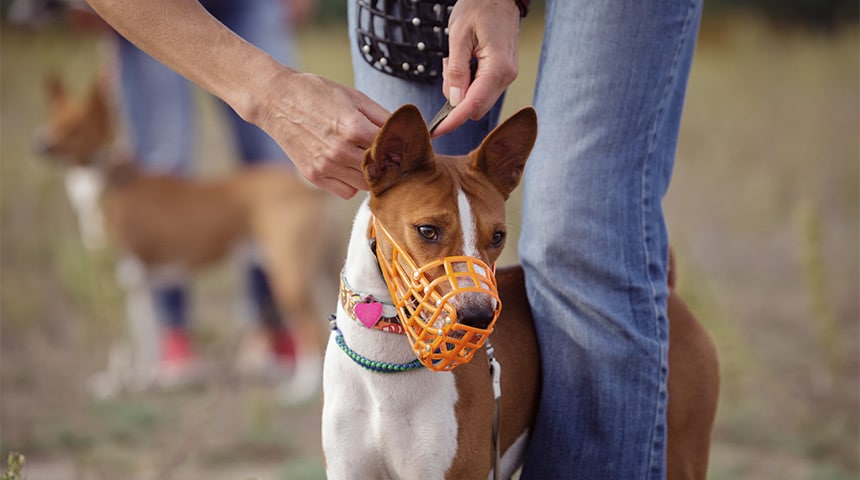Three Activities to Do With Your Dog This Fall
You have closed the pool for the winter, the leaves are starting to fall, the pumpkins will soon be lounging in front of your home for Halloween ... in short, summer is over! But the cooler weather is not a...
More
Dear Doctor! My Pet is Sick – But is it an Emergency?
Useful tip for exotic animals We strongly recommend that exotic pets be weighed once a week on the same scale to monitor the weight. A digital food or postal scale that weighs in grams is ideal, as these are more...
More
Decontamination of a Poisoned Patient
In veterinary medicine, the primary treatment for exposure to a toxic substance is decontamination. The purpose of decontamination is to prevent further absorption and to remove the toxic substance from the animal's body. In most exposures, there is only a...
More
Kennel Cough
What is kennel cough? Kennel cough in dogs is very similar to the common cold in humans; it’s an infection of the upper respiratory tract. The main symptom is a dry, hacking cough that produces phlegm. This disease is highly...
More
Why is it Important to Take Obedience Classes With Your Dog?
Why should you follow a group obedience course with your dog when we can train him yourself? The major causes of disobedience in your dog are misunderstanding, confusion, lack of reinforcement and inconsistency. In a group class, you are taught...
More
Common Foods That Are Toxic for Your Cats and Dogs
Chocolate is probably the best known of toxic foods - its toxicity comes from an alkaloid called theobromine. This substance is toxic in cats and dogs with a dose of 100-150 mg / kg; the darker the chocolate, the richer...
More
The Brachicephalic Symdrome
This congenital and hereditary problem develops in brachycephalic dogs, that is, dogs that have a larger head and a flattened muzzle. The breeds most at risk are therefore the Bulldog, Pug, Pekingese, Boxer, Boston Terrier, Shar Pei, some Shih Tzu...
More
The Basket Muzzle : a Tool, Not a Constraint
When we hear about a muzzle, several images come to mind. However, this tool would benefit from being used in different contexts. A responsible owner must ensure that the environment where the dog is located is safe for everyone, whether...
More
Search articles
Most recent articles












